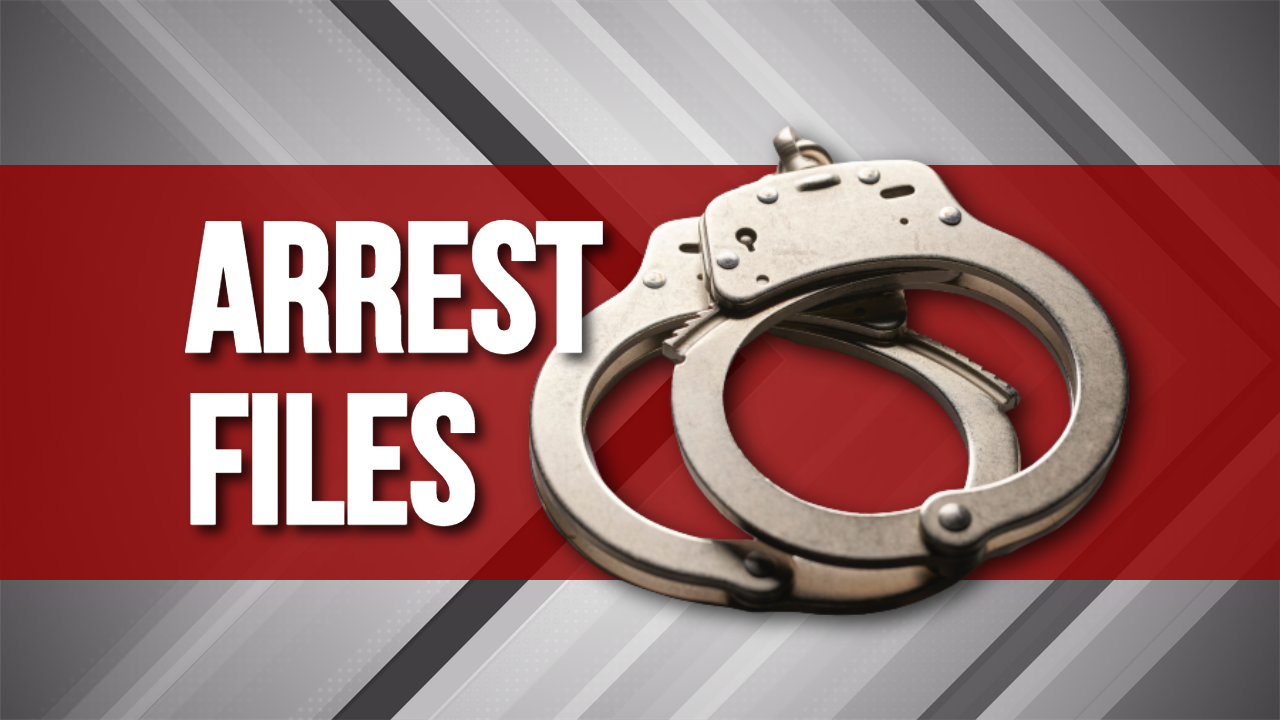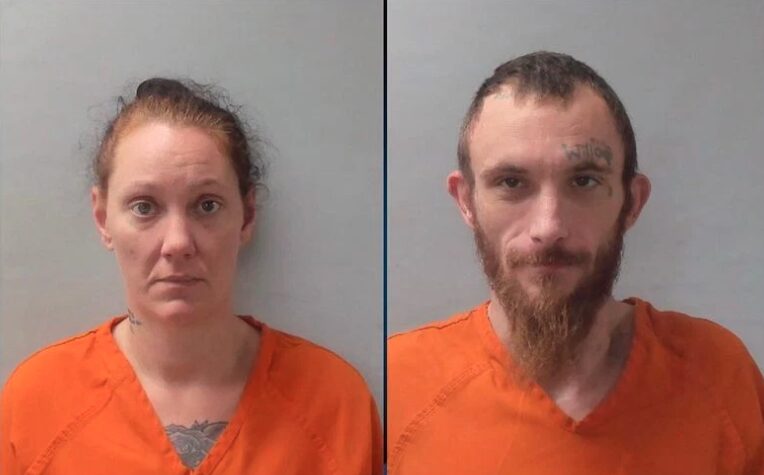
(WASHINGTON) — The federal government squandered more than $200 billion in its aggressive rush to prop up small businesses as the COVID-19 pandemic threatened to shatter the U.S. economy, according to a report published Tuesday by the inspector general of the Small Business Administration.
The hefty sum, which amounts to approximately 17% of the $1.2 trillion dispersed by SBA, updates previous estimates from the inspector general, Hannibal “Mike” Ware, as investigators from several federal agencies continue to trace and recover millions of dollars lost to fraud, waste and other abuses that occurred during the pandemic.
Officials said the government watchdog report represents the first comprehensive estimate of fraud to date.
At the advent of the pandemic, government agencies pushed through several program meant to support small businesses, including the Paycheck Protection Program (PPP) and the Economic Injury Disaster Loans (EIDL).
The programs flooded businesses with easy access to cash that likely rescued the economy, experts say. But for all the jobs they helped rescue, these programs’ legacies may be tarnished by unprecedented amounts of fraud — a turn of events that experts fear may impair efforts to pass future emergency relief programs.
All government programs suffer some amount of fraud, experts have said. And emergency programs are even more susceptible, due to the inherent tension between the pressure to approve loans quickly and the need to screen applications and maintain other fraud-prevention measures that may prolong the process.
In an October 2020 report, Ware’s office found that “to expedite the process, SBA ‘lowered the guardrails’ or relaxed internal controls, which significantly increased the risk of program fraud.”
“A decision was made at the outset of the pandemic: speed was the key,” Michael Horowitz, the chairman of the Pandemic Response Accountability Committee (PRAC), a federal watchdog charged with tracking how much money was defrauded from the government during the pandemic, told ABC News in an interview in March 2022. “It was a bad choice. It was the wrong choice. It never should have happened.”
Ware predicted in a 2021 interview with ABC News that, “in terms of the monetary value, the amount of fraud in these COVID relief programs is going to be larger than any government program that came before it.”
Ware will appear before Congress in July to discuss his findings under oath. Pandemic relief fraud has attracted attention from lawmakers across the political spectrum.
Many of those who defrauded the pandemic relief programs also victimized individual Americans in the process. Thousands of fraudsters who applied for funds used social security numbers stolen from innocent people, according to the PRAC. The committee wrote in a recent report that nearly 70,000 potentially suspect Social Security numbers were used to successfully apply for EIDL or Paycheck Protection Program (PPP) funds.
Both the SBA and the White House have pledged to offer better assistance to victims in the future, and to improve fraud reporting systems by using multi-factor authentication and a new process to pause billing once someone has reported identity theft, SBA spokesperson Christina Carr said in a statement earlier this year.
Many of those reforms will be guided by an expected executive order from President Joe Biden, who pledged over a year ago to sign an order in the “coming weeks” that would direct “new actions to support the victims of identity fraud.”
Administration officials told ABC News that the action is still expected to come soon, though they didn’t provide concrete timing.
All told, the government has doled out an estimated $5 trillion in relief funds since the beginning of the pandemic, across several programs. A Secret Service official told Congress that its investigators had recovered more than $1.43 billion in wrongfully obtained funds.
Copyright © 2023, ABC Audio. All rights reserved.




